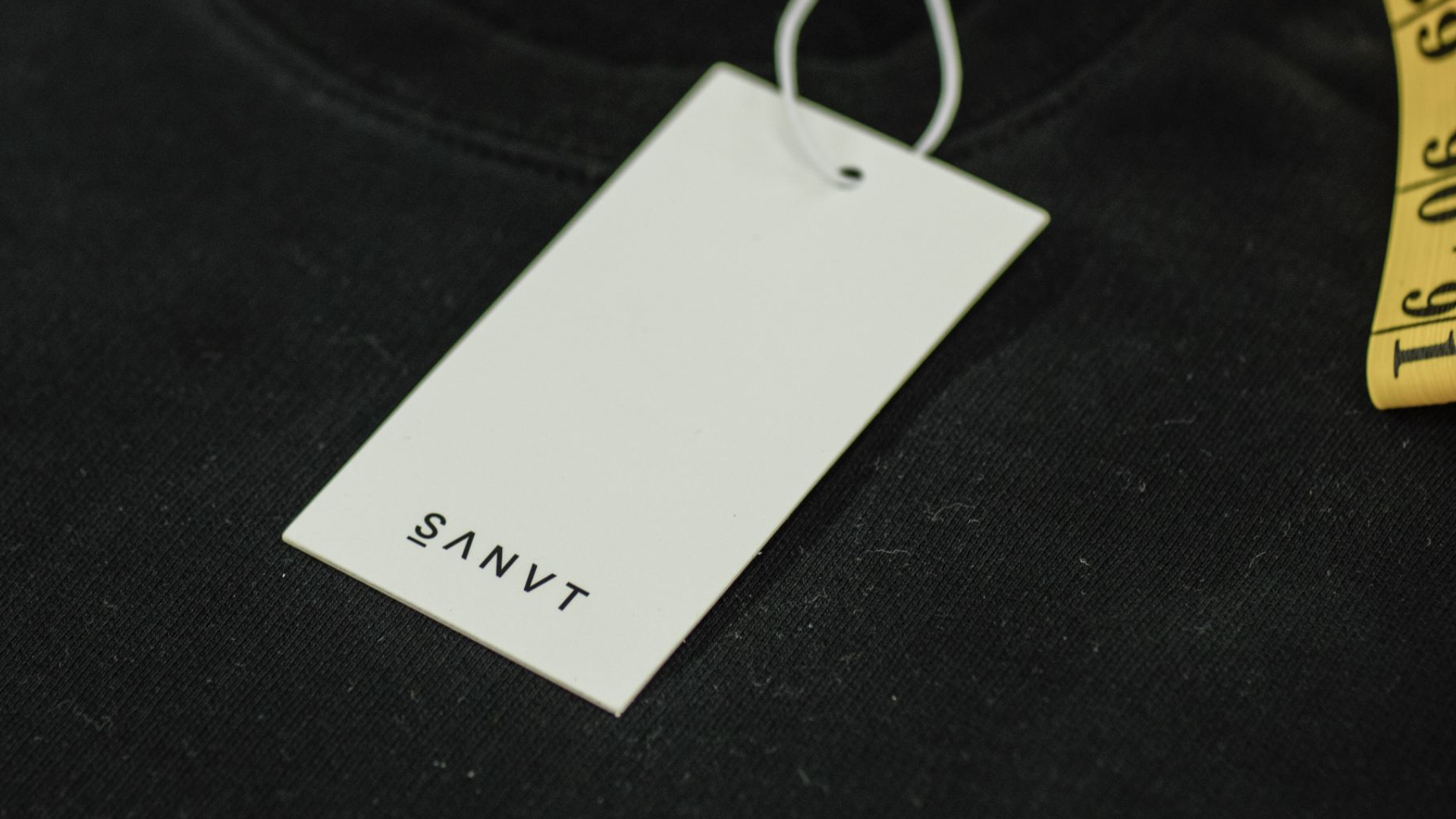In today’s fast-moving fashion industry, the appeal of fast fashion is undeniable. While it may seem like a budget-friendly choice at first, the true costs—environmental damage, unethical labor practices, and a weakened corporate reputation—are far greater. For businesses committed to quality, sustainability, and ethical responsibility, now is the time to move beyond cheap, short-lived garments and invest in durable, fair-produced workwear that reflects their value.
The Cost of Fast Fashion
Fast fashion has become synonymous with cheap, disposable clothing. While the industry promises low prices and trendy designs, it often relies on unsustainable practices that harm the environment and exploit workers. From toxic chemicals used in fabric dyes to low wages and unsafe working conditions for garment workers, the negative impact of fast fashion is extensive.
One of the biggest issues is overproduction, which leads to vast amounts of unsold clothing—ultimately fueling the growing problem of textile waste. Despite these risks, many companies still opt for low-cost, mass-produced workwear to reduce short-term expenses.
What is Fair Production?
Fair production focuses on creating high-quality, durable garments while ensuring ethical treatment of workers throughout the entire supply chain. It emphasizes transparency, fair wages, and safe working conditions, making sure that people involved in the creation of apparel are treated with dignity and respect. This approach also prioritizes sustainability, reducing waste and encouraging long-lasting products.
Why Should Businesses Make the Switch?
By embracing fair production, businesses not only promote social change, but also contribute to a better future for workers worldwide. Supporting ethical labor practices helps elevate communities and fosters a more equitable global economy.
The environmental toll of fast fashion is staggering: The excessive consumption of water, harmful chemicals, and the exploitation of natural resources damage ecosystems and accelerate climate change. In contrast, fair production focuses on using sustainable materials, reducing waste, and implementing cleaner manufacturing processes—all of which support a healthier planet.
Today’s consumers are more conscious than ever about the origins of their products. Studies show that 73% of consumers are willing to pay a premium for brands that prioritize ethical sourcing and environmental sustainability. These values potentially resonate with your company’s own workforce too, creating an opportunity for businesses to align internal and external values.
![]()

![]()
![]()
![]() Moving Forward: The Future of Apparel
Moving Forward: The Future of Apparel
Investing in high-quality, eco-friendly workwear is a strategic decision that benefits businesses in multiple ways: cost savings, employee satisfaction, environmental impact, and brand reputation. Rather than viewing workwear as just another expense, companies should see it as an opportunity to demonstrate their commitment to sustainability, ethics, and long-term success.
Now is the time to make the switch—because what your employees wear says a lot about what your company stands for.
Learn more about our SANVT Business here.

